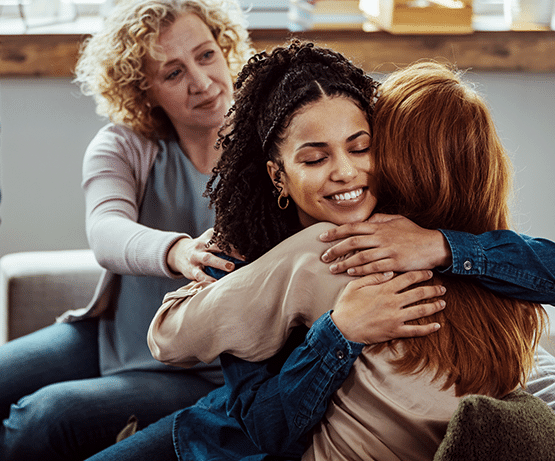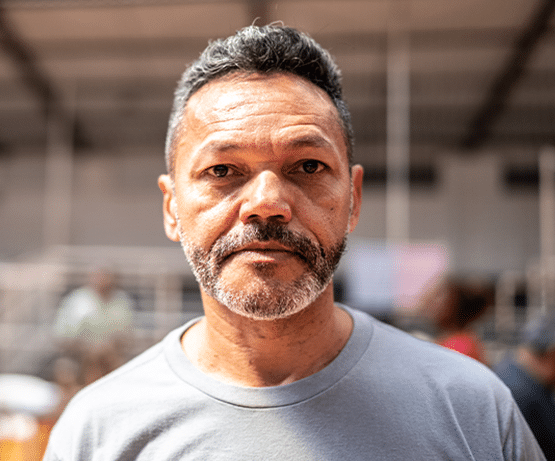An opioid overdose requires immediate medical attention. Call 911 immediately if you or someone you know exhibits any of the symptoms.
×
- Substances
- Dangers
- Naloxone
- Community Care
- How to Help
- Road to Recovery
- Videos
- About Us
- Resources
An opioid overdose requires immediate medical attention. Call 911 immediately if you or someone you know exhibits any of the symptoms.
Recovery from opioid use disorder is possible with the right support. You might need medical care, counseling, support groups, and lifestyle changes. Everyone’s recovery is different, but the goal is the same: living without the negative effects of substance misuse.

The first step in recovery is to learn and explore your different options. Find what works best for you.
Support groups are places where people in recovery can share their experiences, get advice, and find encouragement. There are many groups to choose from. Some examples are Narcotics Anonymous (NA), Alcoholics Anonymous (AA), Dual Recovery Anonymous (DRA), the National Alliance on Mental Illness (NAMI), Secular Organizations for Sobriety (SOS), Al-anon/Alateen, and SMART Recovery. These groups can offer a safe space to support each other.
For some, working within culturally specific traditions and practices can be an important part of addiction recovery. Local support groups, such as Narcanon or other addiction-specific services via community or religious organizations may also be effective in supporting one’s recovery journey.
Many people in recovery have setbacks and return to use. This can be a normal and part of the process. Think of recovery as a journey with ups and downs. If return-to-use happens, be kind to yourself and learn from it.
Recovery is about knowing what you need to reach your goals and recognizing the progress you have made.

Resources
Know the Substances
Learn More
Resources
Know the Dangers
Resources
Know the Resources
Learn More
Resources
Know the Facts
Learn More
Resources
Know the Signs
Learn More
Resources
Know the Resources
Learn More
Resources
Know the Stories
Learn More
Resources
About Know the Dangers
Learn More
Resources